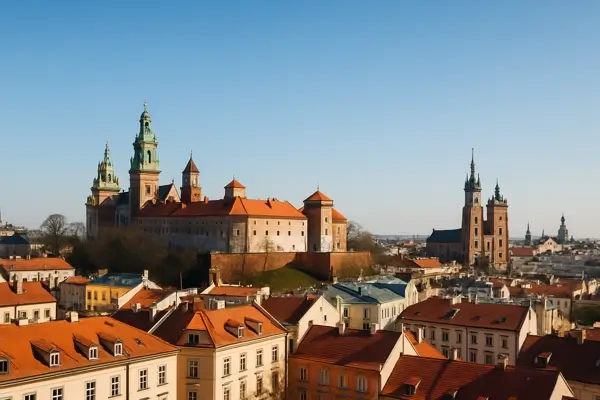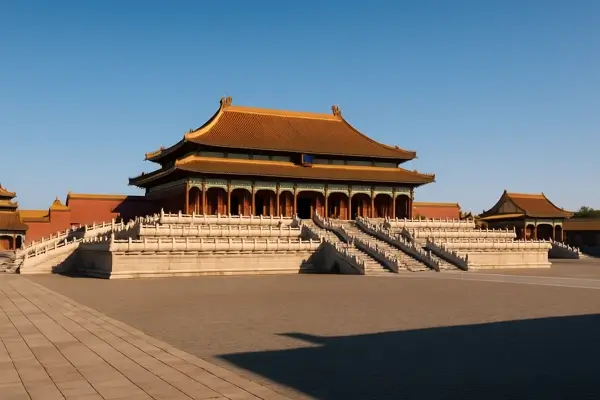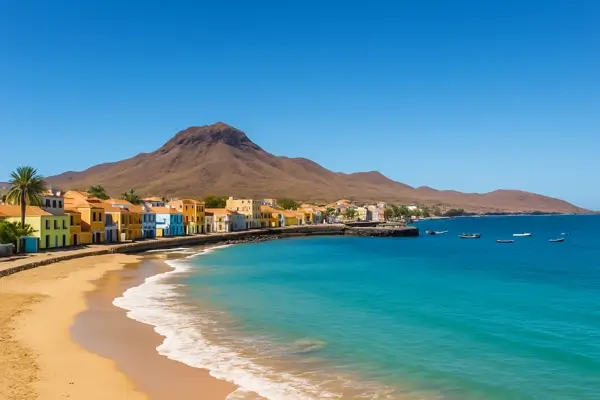
Heart of Central Europe
Poland is located in Central Europe and shares borders with seven countries, making it a vital cultural and historical crossroads.
Rich and Resilient History
Poland has a complex history of invasions, partitions, and rebirth, having disappeared from the map for 123 years before regaining independence in 1918.
Warsaw – A Rebuilt Capital
Warsaw, Poland’s capital, was nearly completely destroyed during World War II, but was meticulously rebuilt, including the Old Town, now a UNESCO World Heritage Site.
Home to Many Nobel Laureates
Poland is the birthplace of several Nobel Prize winners, including Marie Curie (Physics and Chemistry) and Wisława Szymborska (Literature).
Wieliczka Salt Mine
This UNESCO-listed salt mine near Kraków features underground chapels, sculptures, and tunnels carved from salt, some dating back to the 13th century.
Delicious Traditional Cuisine
Polish cuisine is hearty and flavorful. Must-try dishes include pierogi (dumplings), bigos (hunter’s stew), and żurek (sour rye soup).
Auschwitz – A Site of Remembrance
The Auschwitz-Birkenau Memorial and Museum near Oświęcim stands as a powerful reminder of the Holocaust and is one of the most visited historical sites in Europe.
Białowieża Forest – Europe’s Last Primeval Forest
This ancient forest is a UNESCO World Heritage Site and home to the rare European bison, Europe’s heaviest land animal.
Polish Language and Identity
Despite historical occupation, Polish culture and language remained strong and are central to national identity.
Vibrant Cultural Life
Poland has a thriving arts scene, with famous traditions in classical music, folk dance, and film, including legendary composer Frédéric Chopin, who was born in Żelazowa Wola.



